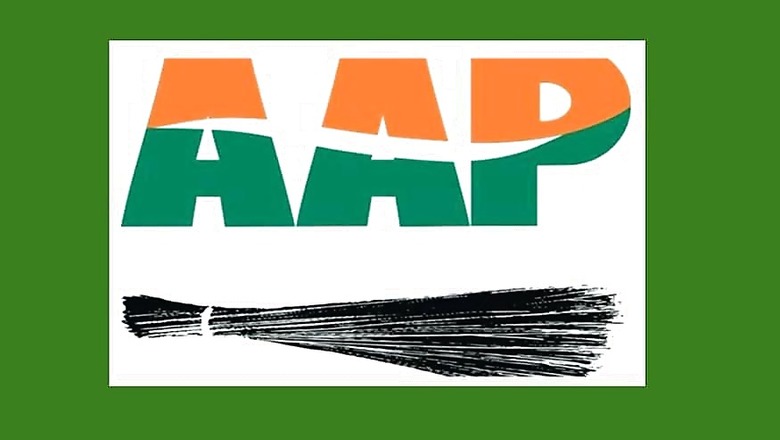
views
New Delhi: After Election Commission has recommended that 20 Aam Aadmi Party MLAs embroiled in the office of profit case be disqualified, the only option now left before them is to challenge the EC order in court.
However, in August 2017, the Delhi High Court had refused to entertain AAP MLAs' plea for staying EC's order, upholding maintainability of the petition.
The ground on which the High Court had quashed the plea was that since EC's proceedings on hearing the central issue of whether the MLAs had indeed held 'office of profit' were yet to begin, there was no scope for a stay.
This recommendation were made to the President is under Article 103 (1) of the Constitution. It is well settled that under Article 103 (1) of the Constitution, the President has jurisdiction to decide only such question of disqualification to which a sitting legislator becomes subject after his election.
One of the earlier cases of disqualified being sought on account of holding a profit of case was that of Jaswant Singh who was a sitting member of Rajya Sabha, and was also appointed as Special Envoy of the Government of India on 12th June, 1998.
The EC had then observed that the allegations relating to the holding of office of profit by Jaswant Singh pertained to the period prior to his election to the Rajya Sabha and, therefore, raised question of pre-election disqualification, if at all. The Commission said that such question of pre-election disqualification could not be raised before the President under Article 103 (1) of the Constitution and the Commission also had no jurisdiction to inquire into such a question. Hence, Singh was not disqualified.
Holding an office of profit had also led to Jaya Bachchan's expulsion from the Rajya Sabha, because she was also the chairperson of the Uttar Pradesh Film Development Council which was deemed to be an office of profit.
Article 102 (1)(A) of the Indian Constitution bars an MP or an MLA from holding any office of profit under the Government of India or in any state other than an office declared by the Parliament by law as not disqualifying its holder.
There have also been petitions which had earlier been filed for the disqualification of Lok Sabha Speaker Somnath Chatterjee (Chairman of Sriniketan-Santinikatan Development Authority), Union Minister T Subbirami Reddy (Chairman, Tirumala Tirupati Devasthanam), senior Congress leader Karan Singh (ICCR), nominated Rajya Sabha member Kapila Vatsyayan and V K Malhotra (former president of the All India Council of Sports).
However, now in this case with the EC sending a positive recommendation to the president on disqualification of 20 AAP MLAs, the only remedy lies with challenging it in the higher courts.
The issue in front of the Election Commission was whether the office of Parliamentary Secretary in the GNCTD, 1991 constitutes an ‘office of profit’. Article 191 of the Constitution has not defined what an ‘office of profit’ is, paving the way to the courts to lay down the law.
The entire issue came into existence when on March 13, 2015, the Arvind Kejriwal government passed an order appointing 21 MLAs as parliamentary secretaries. This was challenged by advocate Prashant Patel who petitioned President Pranab Mukherjee on June 19, 2015, that these MLAs were now holding ‘office of profit’ and should be disqualified.




















Comments
0 comment